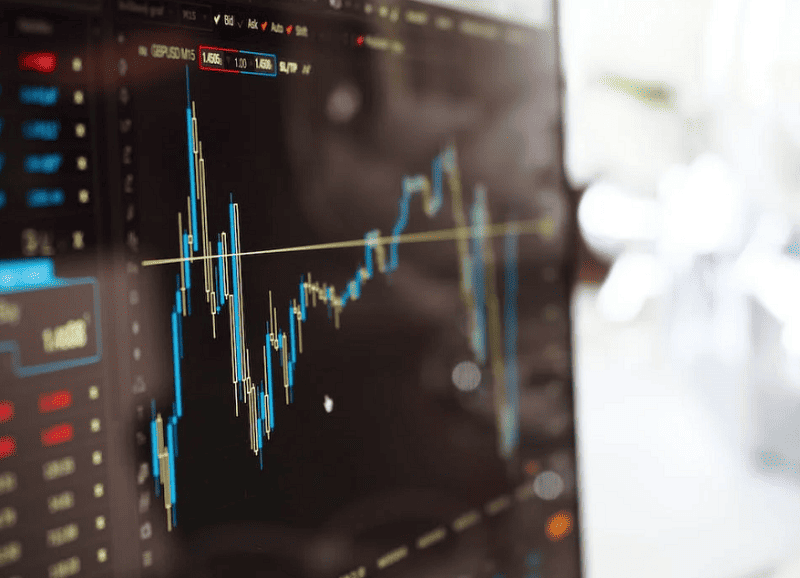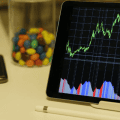Futures trading is a popular and exciting way to invest in the financial markets.
It involves speculating on the future price movements of various assets such as commodities, currencies, and stocks.
Futures contracts are agreements between two parties to buy or sell an asset at a predetermined price at a specified date in the future.
Table of Contents
Introduction to Futures Trading

What is Futures Trading?
Futures trading is a form of investment where traders buy and sell futures contracts, which are financial agreements to buy or sell an underlying asset at a predetermined price and time in the future. These assets can include commodities like oil or gold, currencies like the US dollar or Euro, stock market indexes like the S&P 500, and even cryptocurrencies like Bitcoin.
Why Futures Trading?
There are many reasons why individuals and businesses choose to invest in futures trading. Some of the key benefits include:
- Leverage: Futures contracts allow traders to control a larger amount of an asset with a smaller upfront investment, known as margin.
- Diversification: Futures trading provides opportunities to invest in different assets and sectors, spreading out risk and potentially increasing profits.
- Speculation: Futures contracts provide a way for traders to speculate on the future direction of an asset’s price, whether it’s going up (long position) or down (short position).
Understanding the Basics
To become a successful futures trader, it is essential to understand some key terms and how futures contracts work.
Key Terms in Futures Trading
- Contract Months: Futures contracts have specific expiration dates, which are referred to as contract months. For example, the December 2021 corn futures contract will expire in December 2021.
- Tick Size: This is the minimum price movement of a futures contract. It varies based on the asset being traded.
- Margin: Margin is the amount of money required by a broker to open and maintain a futures position. It is usually a percentage of the total contract value.
How Futures Contracts Work
Futures contracts are standardized agreements that specify the quantity, quality, and delivery date of an underlying asset. They are traded on exchanges where buyers and sellers come together to negotiate prices. Traders can enter or exit positions before the contract expires, either to lock in profits or cut losses.
Getting Started in Futures Trading
To start investing in futures trading, here are some essential steps to follow:
Choosing the Right Broker
It is crucial to choose a reputable and regulated broker that offers competitive fees, excellent customer support, and a user-friendly trading platform. Bulenox is a popular choice for beginners as it offers low-cost trading, educational resources, and a simulated trading platform to practice with.
Opening a Futures Trading Account
Once you have chosen your broker, the next step is to open an account. This involves completing an application form and submitting some documents such as ID and proof of address. Once approved, you can fund your account and start trading.
Strategies for Futures Trading
Successful futures traders use various strategies to analyze the market and make informed decisions. Some common approaches include:
- Fundamental Analysis: This involves studying economic indicators, supply and demand factors, and news releases to predict future price movements.
- Technical Analysis: Traders use charts, trends, and patterns to identify potential entry and exit points.
- Risk Management Strategies: These include setting stop-loss orders, diversifying your portfolio, and using proper position sizing.
Common Pitfalls and How to Avoid Them
Like any form of investment, futures trading involves risks. Here are some common pitfalls to watch out for:
- Overleveraging: Using too much margin can lead to significant losses if the market moves against your position.
- Not Having a Trading Plan: A well-defined trading plan helps you stay disciplined and make rational decisions, rather than relying on emotions or impulses.
- Neglecting Risk Management: Proper risk management is crucial in futures trading. Always have a stop-loss in place and never risk more than you can afford to lose.
Conclusion
Futures trading can be a rewarding and exciting way to invest in the financial markets. However, it requires continuous learning, patience, and persistence to become successful. By understanding the basics, choosing the right broker, implementing sound strategies, and avoiding common pitfalls, you can increase your chances of success in futures trading. Remember always to stay informed and adapt to changing market conditions to make the most of your investments.



















